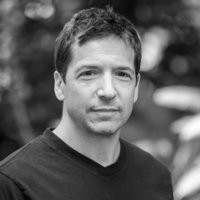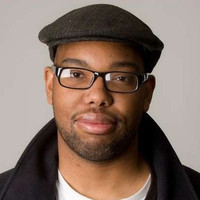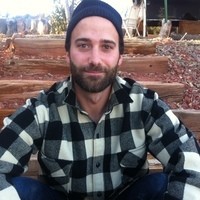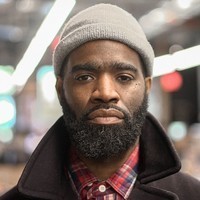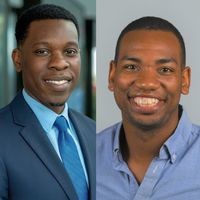Sponsored
Sponsor: Have You Met OZY Yet?
Our sponsor this week is OZY, a news and culture site focused on the new and the next. OZY brings you up to speed on what happened in the last 24 hours and then vaults you ahead by telling you about new people, places, ideas and trends. It's the place to go to get a little smarter, a little sooner.
Here are three OZY favorites that give you an idea of who and what you'll find:
Carlos interviews David Drummond, Google's Chief Legal Officer and head of Google Ventures, who tells the little-known story of how Google almost went bankrupt.
Melissa covers how scientists are unlocking the secrets of cancer's ancient past by studying the archaeological record.
Pooja reminds us that John F. Kennedy's book A Nation of Immigrants is as relevant today as it was a half century ago.
Want more? Sign up for OZY emails and get stories like these every day that will help you see more, be more and do more.



